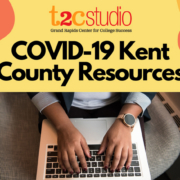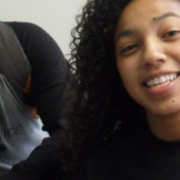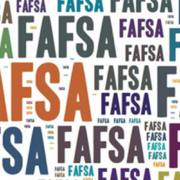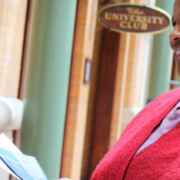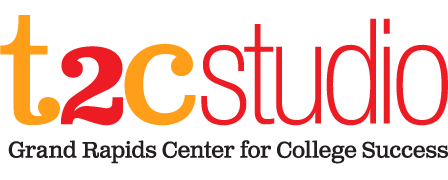Choosing a college is stressful and making sure you make the right decision can often feel like a daunting task. To help out with the process, here are some common mistakes to avoid along the way:
1. Rushing the process. Finding the right college takes time and effort, not to mention research and an often lengthy application process. Waiting until the last minute or just “falling into a college” is never a good idea. It takes the most important factor out of the equation—you.
2. Being a follower. Following a boyfriend, girlfriend, best friend to the college of their choice may seem like a good idea at the time because you want to be near them, but this is one of the most pivotal points in your life, too. You need to remember to make the best decisions for yourself and, if your relationships are strong, they will outlast time and distance anyway.
3. The legacy lure. We’re aware the commandment states “Honor thy father and mother.” However, only considering colleges your parents, siblings or other family members went to in order to follow in their footsteps may not be in your best interest. It’s always better to explore your options and find the right fit for your personality.
4. Rebellion. In contrast, only considering colleges your parents DON’T want you to go isn’t beneficial either. Sometimes, they have some good insight that may help you decide on what may be best for you. Don’t choose—or not choose—a college out of spite. This is sure to lead you down a path of regret. Choose a college based on what you want, not based on what someone else doesn’t.
5. You’re a die-hard fan. We’ve all got our favorite teams, but let’s remember that just because they have a great sports team does not mean it’s the right educational fit for you. After all, you’re there to learn, not cheer them on. You can be a fan anywhere, but you can’t learn everywhere.
6. The temptation to party. So, it’s a great party school but is it a great learning environment? While you may be itching to get out on your own and party like a rock star, that’s really not what college is about. Remember, when choosing a college that you want to choose somewhere what you can have a healthy social atmosphere but a setting that’s conducive to the real goal at hand—learning.
7. How a student body looks. You’ve heard the student body is attractive. So what? Maybe you like this, maybe you’re worried you won’t fit in, either way, you should ignore these stereotypes because they probably are just that. Also, the attractiveness of a student body shouldn’t really make a different in your decision on where to get an education.
8. Assuming the worst. Not applying to certain schools because you assume you won’t be accepted underrates your potential and potentially limits your future. Come on, you guys, we have reach schools for a reason. You never know what you can achieve if you don’t try, so at least make an attempt.
9. Location, location, location. Whether you’re a homebody who wants to stay close or an escape artist who wants to get as far from home as possible, the location should be a factor in choosing a college, not the sole decision maker.
10. Cost obsessions or carelessness. Forgetting to consider the cost or only considering the cost as a factor are two major issues to avoid. While cost is a huge hurdle, there are many other factors to consider as well and students should not be blinded by this one aspect. Reversely, students who are applying for financial aid or whose parents are paying for college should not neglect to think about cost completely, as costs can add up quite quickly.
11. Not visiting. Experiences are relative and one person’s dream college could be another’s nightmare. This is why going by what you’ve been told is never a good idea. A person very different from you could have had a positive or negative experience that you likely would not have had. Also, only looking at the website or relying on a college’s advertising is a mistake because they tend to idealize college life and students get unrealistic expectations of what campus is like. It’s always better to visit and experience the college—or one very similar to it—for yourself.
12. Relying on reputation. Just because it’s a “highly-ranked”, “prestigious” or a “designer” school doesn’t mean it’s the right school for you. Don’t always assume that the difficulty of getting into the school equates to the quality of education you’ll receive. Some students need smaller classes and more one-on-one interaction to thrive in a learning environment.
13. Pushy parents. Letting your parents decide which college is right for you, or being forced by your parents to attend a certain school is not healthy. You need to think about what you want out of a college. After all, you’re the one attending the school.
14. Having a one-track mind. Maybe you’ve wanted to go there since you were little and you’ve already decided there is only one right school for you. But not investigating all your options is a huge mistake. You can still attend you’re number one, we’re just asking you to check out the others, too. Just because you think it’s what you want doesn’t mean you can’t ask questions and, believe us, you can never ask too many!
15. The college specializes in your current major. That’s right, we said current. Choosing a college solely because of a specific major or career path is a major (pun intended) issue because, odds are, your major will change several times. There’s nothing wrong with that, we just want you to be prepared with a school ready to accommodate all your dreams, whatever they may be.
To view the original article please visit: http://www.fastweb.com/college-search/articles/top-15-mistakes-to-avoid-in-choosing-a-college

